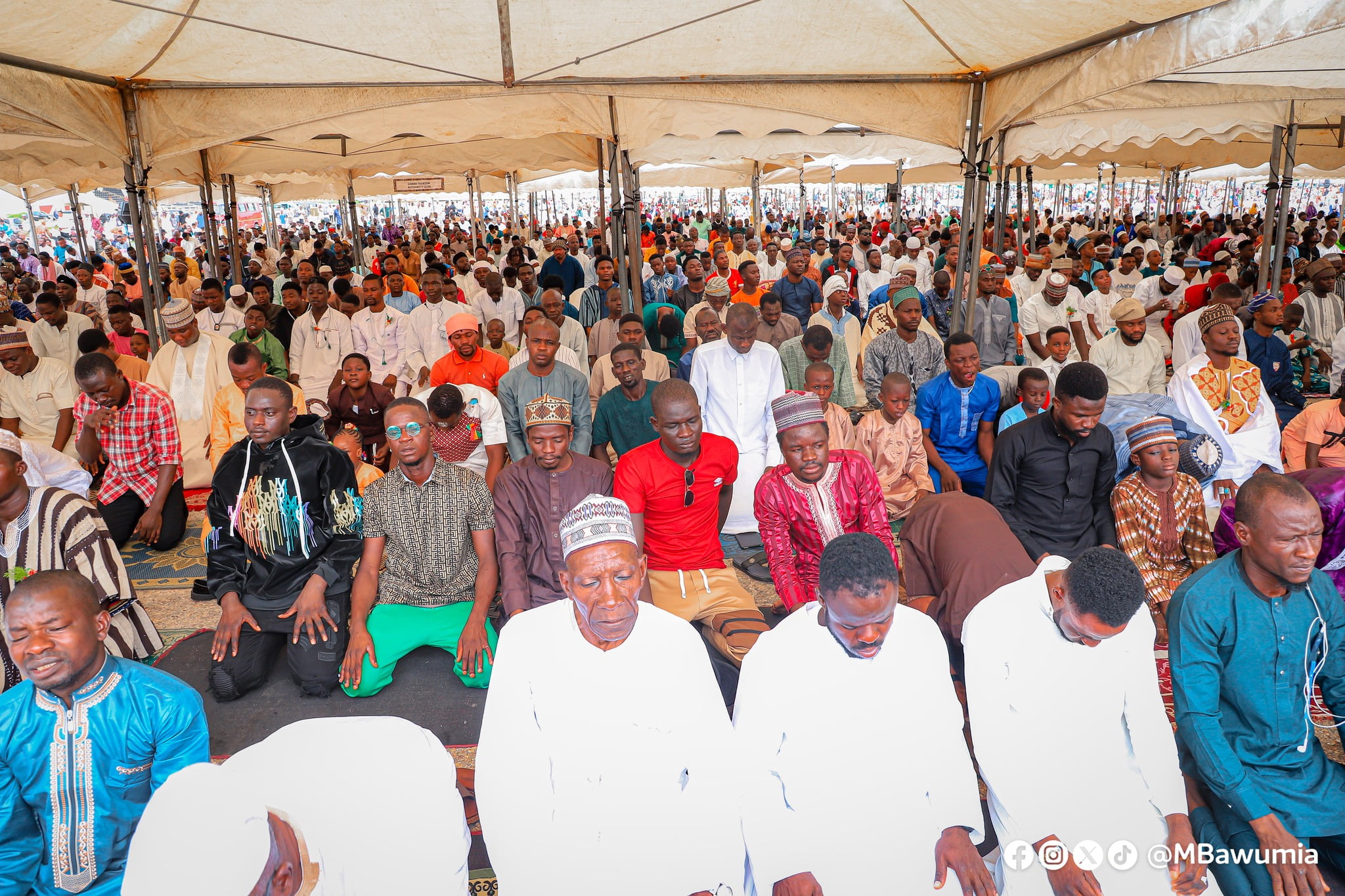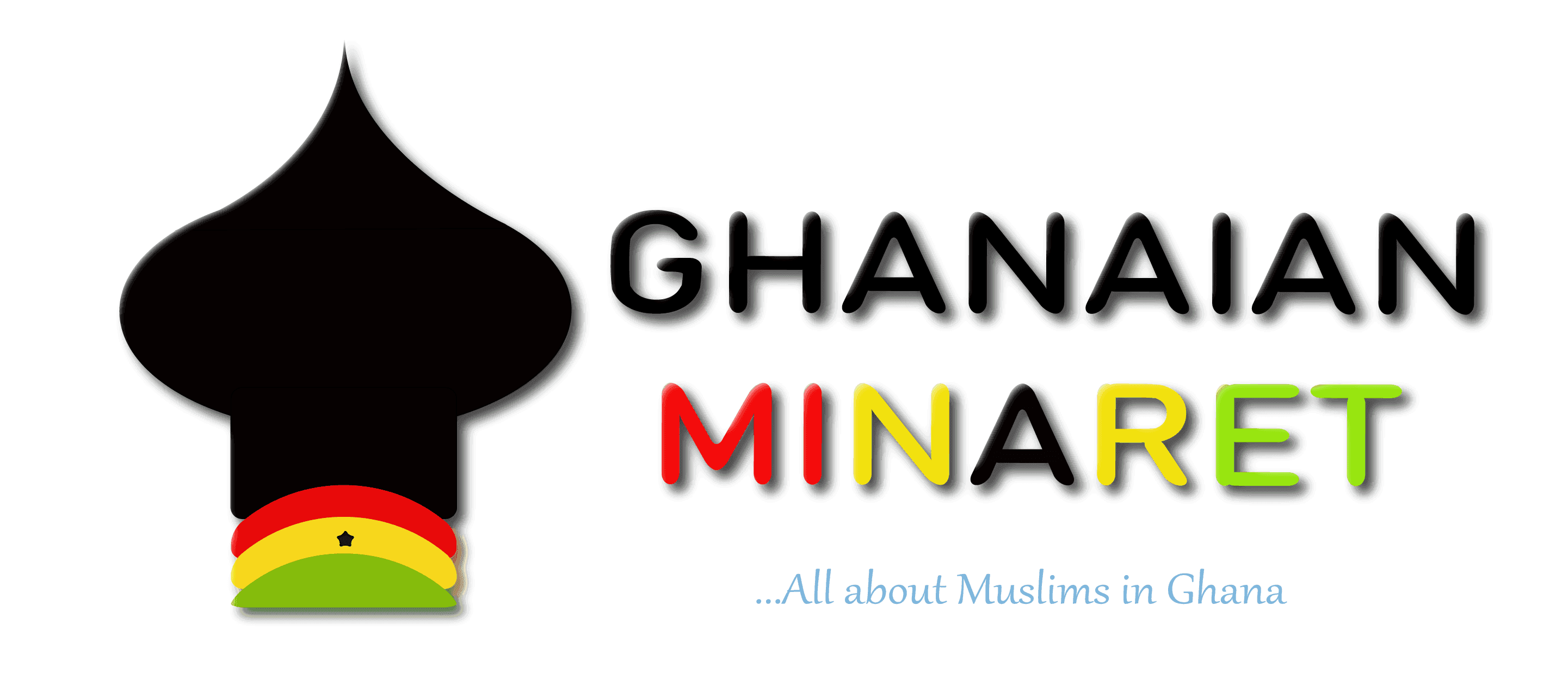Politics of Religion: Unraveling how Muslims shaped Ghana’s political history

Embedded within Ghana’s rich mosaic of cultures and histories lies a compelling narrative of how Muslims have shaped the nation’s political trajectory.
As Ghana transitioned from pre-colonial kingdoms through colonial rule to independence, Muslim communities have left an indelible mark on its governance and political discourse.
This article explores the journey and legacy of Muslim leaders, organisations, and communities, shedding light on how their religious identity has intersected with and influenced the broader political landscape of the nation.
We try to understand the complex relationships between religious identity, statecraft, and national identity through the lives of the settler communities in Ghana (Zongo).
The indigenous people of most Zongo (corrupted name for “Zango”) communities today were descendants of traders, labourers, religious scholars, and military personnel who migrated mostly from the northern regions and other regions of sub-Saharan Africa.
A community with Islam as the popular religion and Hausa as the lingua franca of its inhabitants, a Zongo is thought of as a prototype of an integrated Economic Community of West African States (ECOWAS) community.
This is due to its large representation of ethnicities and cultures whose roots transgress Ghana’s borders.
Though little is known of its political escapades prior to independence, the Zongo community has been the grassroots hub of most political parties.
The unique needs of the community placed their independence struggle in a realm different from that of the general population. Their struggle presented a brief moment in Ghana’s history where politics was openly and fully experimented with religion.
In this Article
Muslim Association
The once-apolitical Gold Coast Muslim Association, established in 1932 as a welfare and social association, decided to openly support the Mambai Party in the 1939 Accra municipal election.
This was to tackle the issue of bias towards its members in the distribution of building materials after an earthquake had occurred earlier that year.
After the 1939 election, the association contested the 1942 municipal election by fielding Bankole Awoonor-Renner as its candidate.
Awoonor-Renner was reliably an experienced politician who had lived abroad studying and politicking. In his mind, he represented “the downtrodden, unrepresented, and unrepresentable.”.
The peculiar grievances of the Muslims were swallowed up by the wider nationalist struggle for independence. This circumstance led the association to the newly formed United Gold Coast Convention (UGCC) in 1948.
A year later, it shifted its allegiance to the breakaway Convention People’s Party (CPP) of the UGCC in anticipation that the CPP would address the educational grievances of Muslims should it win the election in 1951.
Educational grievance
Muslims in the Zongo communities wanted schools where Arabic and Quranic studies were taught. It had fears of their children being averted from Islam should they go to public and mission schools.
In 1951, the CPP won the election with 34 out of the 36 seats it contested. However, the grievances of the Muslims were not addressed.
As a contingency plan, the Muslim Association decided to contest all upcoming elections at the municipal and national levels as a political party.
A voting amendment that allowed alien residents to vote helped the Muslim Association challenge the CPP in the municipal elections of Accra in 1953 within a six-week period, where it secured two out of six contested seats.
Muslim Association Party
Coordination between Muslims in Accra and Kumasi to contest the February municipal and June general elections of 1954 led to the formation of the Muslim Association Party (MAP).
It was a political movement that brought together minority groups along the lines of class consciousness, economic exploitation, and civil and political action in the name of Allah.
It was the first opposition party against the CPP to emerge out of the established UGCC network.
Halidu Suame, an Ashanti Muslim convert, became the party’s first president, and Alfa Lardan, a Yoruba and the leader of the Zongo volunteers in Kumasi, became its chairman.
The MAP, as of October 1953, had been able to mobilise support among the Muslims. It also had the support of non-Muslim, anti-CPP forces in Asante, as well as that of the conservative Zongo leadership in Kumasi.
Deportation threat
A unique threat to the MAP in opposing the CPP was that its members were deportable as ‘aliens’. Of such members were the Alfa Lardan and the Zongo headman (Sarkin Zango), Amadu Baba, who was then the party’s president.
The CPP, on campaign platforms, had threatened to deport members of the MAP should they continue to mix politics with religion.
Truly, one of the post-independence acts of the CPP government was to deport Alfa Lardan and Amadu Baba, even though Baba was born in the Gold Coast.
This was on the premise that citizenship by birth was granted to the children of foreigners born in Ghana after independence.
A key casualty of deportation was Timothy Bankole, a Sierra Leonean journalist, then the Deputy Editor of the Daily Graphic, who was alleged to have supported the MAP by giving it much publicity in all elections.
Internal oppositions
MAP faced opposition from some Muslim factions as well. They included the Ahmadi Muslims and the Asante Nkramos (Asante Muslims who come from those areas of the north conquered or annexed by Asante in the mid-18th century).
These groups supported the CPP. The CPP Muslim Youth Association fought supporters of the MAP over the construction and control of the Kumasi Central Mosque.
Appeal
Beyond the Zongo communities, the MAP had less appeal. The northern territories viewed the MAP as a southern import, while others elsewhere considered it to be a party for strangers.
The formation of the Northern People’s Party (NPP) in April 1954 further weakened the grip of the MAP in the northern territories. Both parties failed to consolidate their efforts to provide a strong opposition to the CPP.
Other challenges of the MAP included the lack of funds for party operations, the over-reliance on non-Muslim candidates due to language barriers, and the lack of circular education for potential leaders.
Municipal election
In the February municipal election, the MAP contested six and won four out of the 24 available seats.
In high spirits, it campaigned vigorously for the June election. The campaign message was themed on the preservation of chieftaincy, which sat well with the Asante community. It also campaigned for unification against the “Black Imperialism” of Nkrumah and the CPP.
The chant of Islam as its motto, the vow to open Arabic educational centres, and the advocacy for Muslim representation on all statutory boards and committees in educational policies gave the party a religiously sectarian image.
June election
Unlike the municipal election, the general election was limited to residents born within British West Africa. This disenfranchised certain ethnic groups, such as the Zabarma, who originated from the French colonies of West Africa.
The MAP managed to secure only one seat out of the 15 seats it contested for the Legislative Assembly, which had 104 seats.
Rift
In a disoriented state, the members of the MAP in Asante, to the displeasure of those in the South, were endeared into aligning with the newly formed Asante National Liberation Movement (NLM) out of loyalty and allegiance to the traditional rulers, the ‘owners of the land’.
Outlawing parties
A series of clashes between the CPP and the MAP supporters forced Parliament in August 1954 to outlaw party politics along the lines of religion, regional affiliation, and ethnicity in a 72-to-14 vote.
The law, which was enforced in 1958, was indirectly aimed at eliminating the MAP, the Asante NLM, and the NPP.
A member of the Legislative Assembly, Mr. Kojo Botsio, argued that “apart from the violence that was being perpetrated in our midst by the establishment of the MAP, we could also see the havoc that had been caused by the Muslim religion in the Gold Coast by political acrobats who said ‘Comrade’ yesterday and Islam’ today, ate pork, and could not even read a line of the Quran!” (Pioneer, August 13, 1954).
Legacy
At its decline, leading figures of the MAP would take up major roles in the Asante NLM, NPP, and, after independence, the United Party (UP).
With about 400 dotted Zongo communities in the country, the needs of the Zongo communities of yesterday haven’t changed much from those of today.
There, however, exists a fairly good representation of Zongo Muslims in Parliament, with a ministry turned secretariat, dedicated to the development of its inhabitants.
On a lighter note, one could talk of the current president and his vice president, a Muslim, residing on the outskirts of Nima, which is a Zongo community.
Till date, Ghana has a political system that frowns on the establishment of any political association along the lines of religion, ethnicity, and regional affiliation.
Join our whatsapp channel for all the latest updates.
For news coverage, article publication, and advertisement, send an email to ghanaianminaret@gmail.com or reach us via whatsapp, telegram or phone call on +233266666773.

